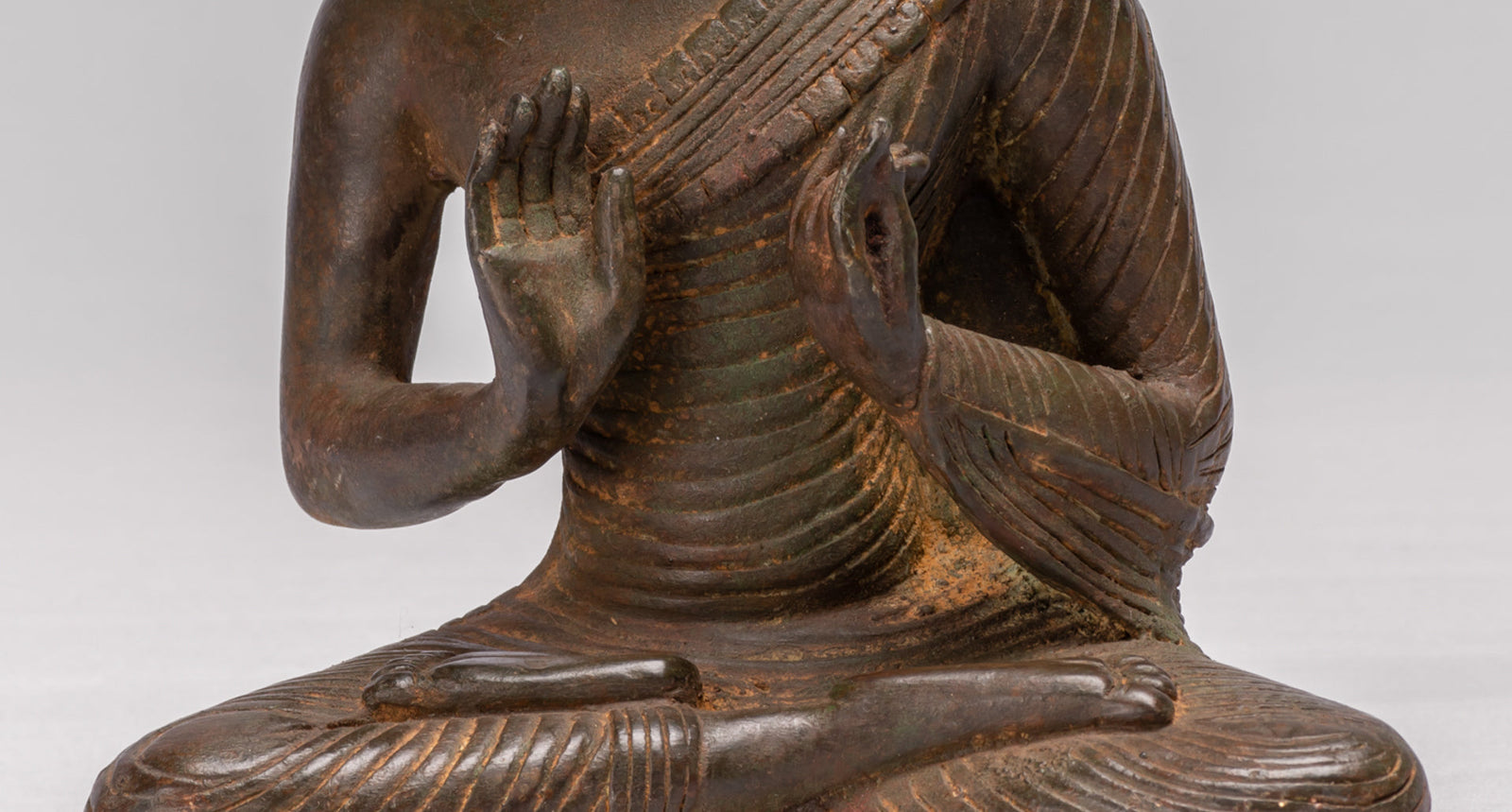
Right Livelihood (Sammā-Ājīva): Earning a Living the Buddhist Way
In a world that often equates success with wealth, power, and status, Buddhism offers a refreshing and profound alternative: livelihood as a form of ethical practice.
Right Livelihood (Sammā-Ājīva) is the fifth factor of the Noble Eightfold Path, the Buddha’s guide to ending suffering (dukkha) and achieving enlightenment (nirvana). It teaches that how we earn our living is a crucial part of living a moral, mindful, and compassionate life.
But what exactly is Right Livelihood, and how can it be practiced in today’s modern world?
Let’s explore.
Understanding Right Livelihood in Buddhism
Right Livelihood means choosing an occupation that does not cause harm to oneself or to others. It is about earning an income honestly, ethically, and peacefully, without engaging in activities that lead to suffering, exploitation, or injustice.
According to the Buddha’s teachings, livelihood is not separate from spiritual practice. In fact, it is an expression of our values and intentions. Our work shapes our mind, influences our community, and either supports or undermines our journey toward awakening.
The Buddha’s Guidance on Wrong Livelihood
In the early Buddhist texts, the Buddha explicitly outlined five types of livelihoods that should be avoided by those who wish to live ethically:
-
Dealing in weapons – making or selling weapons that cause harm or death.
-
Dealing in living beings – including trading in slaves, animals for slaughter, or human trafficking.
-
Dealing in meat – especially activities involved in the killing of animals.
-
Dealing in intoxicants – producing or selling alcohol, drugs, or other substances that cloud the mind.
-
Dealing in poisons – creating or selling substances intended to harm or kill.
In modern terms, this list would expand to include industries like arms manufacturing, gambling, drug trafficking, exploitative labor practices, and industries that destroy the environment.
The Spirit Behind Right Livelihood
Right Livelihood is not just about what jobs we avoid. More importantly, it’s about how we approach our work:
-
Honesty: Being truthful in business dealings and avoiding deceit.
-
Compassion: Considering the welfare of all beings affected by our work.
-
Non-Harm (Ahimsa): Minimizing harm to others, animals, and the environment.
-
Mindfulness: Being fully aware of the intentions, means, and outcomes of our professional activities.
-
Generosity: Using our earnings to support ourselves modestly and assist others.
Ultimately, Right Livelihood supports the development of the Three Trainings in Buddhism: ethics (sīla), mental discipline (samādhi), and wisdom (paññā).
Right Livelihood in Today’s World
In the 21st century, the idea of Right Livelihood remains highly relevant. However, the interconnected and complex nature of the modern economy can make ethical choices more challenging.
Here are a few ways people today might align their livelihood with Buddhist principles:
-
Working in Healing Professions: Doctors, therapists, social workers, and caregivers often embody compassion and service.
-
Engaging in Education: Teaching others and promoting knowledge without manipulation or bias.
-
Supporting Sustainable Practices: Working in industries that protect the environment and promote social responsibility.
-
Arts and Culture: Creating works that inspire wisdom, compassion, and mindfulness.
-
Technology and Innovation: Developing tools and systems that help people lead better, healthier lives without promoting addiction or harm.
Importantly, even if a person’s job isn't "perfect," they can still bring Right Intention and Right Action into their daily work — practicing honesty, kindness, fairness, and mindfulness with everyone they interact with.
Challenges to Practicing Right Livelihood
-
Economic Pressures: Sometimes people feel trapped in jobs they know aren't ideal because of financial needs.
-
Moral Complexity: Many industries are intertwined; for example, a technology firm might create useful tools but also enable harmful activities.
-
Cultural Expectations: Success is often measured by wealth or prestige, making ethical choices less socially rewarded.
Buddhism acknowledges these realities with compassion. Practicing Right Livelihood isn't about being perfect. It’s about doing the best we can with awareness, striving continuously to align our work with our deepest values.
The Inner Livelihood: Mindfulness and Ethics at Work
Even if one’s external occupation is ethically sound, the Buddha emphasized that how one works matters too. Practicing Right Livelihood also means:
-
Not deceiving or manipulating colleagues or customers.
-
Avoiding gossip, slander, and harsh speech at work.
-
Cultivating kindness, patience, and generosity toward coworkers, clients, and competitors.
-
Using one's professional role to contribute positively to the world.
In this way, our working life becomes not separate from our spiritual life but an essential part of it.
Conclusion: Right Livelihood as a Living Practice
Right Livelihood (Sammā-Ājīva) is more than just choosing the "right" job. It is a dynamic, living practice of compassion, mindfulness, and wisdom in our daily activities.
It asks us:
-
What impact does my work have on others and the world?
-
Am I supporting the path to freedom and wellbeing for myself and others?
By aligning our work with the principles of kindness, honesty, and non-harm, we not only create a better world — we also nourish our own journey toward peace, happiness, and ultimate liberation.
As the Buddha taught, every aspect of life — even the way we earn our bread — can become a powerful tool for awakening.




